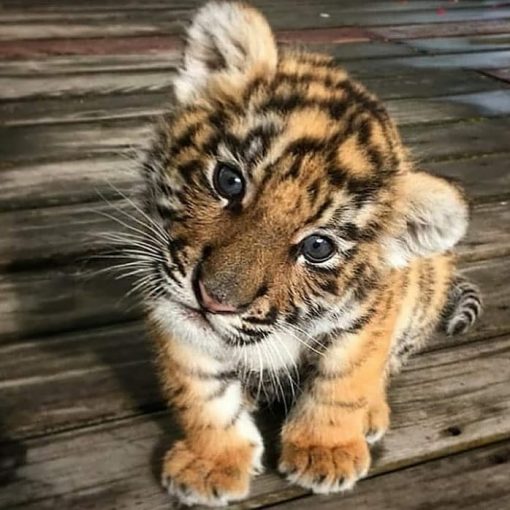Introduction:The allure of the exotic has always captivated the human imagination, evoking a sense of wonder and fascination. From majestic big cats to rare reptiles and colorful birds, these extraordinary creatures have an undeniable power to enthral us. However, behind the shimmering veil of exoticism lies a haunting reality – the global exotic animal trade.
In this thought-provoking article, we delve deep into this controversial industry, aiming to unveil the dark side that often remains hidden from public view. We will explore the ethical concerns surrounding the trade, shed light on its impact on wildlife populations and ecosystems, and touch upon alternative ways to engage with exotic animals responsibly. Brace yourself for an eye-opening journey that challenges perceptions and encourages reflection.
The allure of the exotic: Exploring the fascination with rare and unusual animals
There is an undeniable enchantment that surrounds rare and unusual creatures, captivating the human imagination like few other things can. From elegant snow leopards prowling through mountainous terrains to vibrant parrots with a kaleidoscope of feathers, these extraordinary beings beckon us into a world filled with wonder. It is an innate desire to witness firsthand the beauty and mystique that lies beyond our mundane reality.
Our fascination with exotic animals stems from their distinctiveness, their ability to transport us to far-off lands, where nature's creations defy our conventional understanding. These magnificent creatures possess an otherworldly charm that ignites a sense of adventure within us. They offer a glimpse into untamed ecosystems and evoke emotions of awe and admiration for the diversity that exists in our planet.
The hidden truth: Shedding light on the dark underbelly of the exotic animal trade
Behind the enchanting facade of the exotic animal trade lies a disturbing reality that often goes unnoticed. Beneath the surface, a labyrinthine network of illegal smuggling, exploitation, and cruelty taints this seemingly glamorous industry. Exotic animals are snatched from their natural habitats, subjected to grueling transportation conditions, and confined to inadequate living spaces that fail to meet their complex physical and psychological needs.
Unscrupulous traffickers capitalize on the demand for rare creatures, fueling an underground market that thrives on secrecy and greed. The clandestine nature of this trade makes it incredibly challenging to track, regulate, and enforce laws designed to protect these innocent beings. From endangered species being pushed closer to extinction to fragile ecosystems being disrupted by rampant poaching, the consequences of this illicit commerce extend far beyond individual animals.
However, amidst this somber reality lies a glimmer of hope. Activists and organizations around the globe are working tirelessly to expose these injustices and bring about change. Through advocacy campaigns, education initiatives, and rescue efforts aimed at rehabilitating mistreated animals, they strive towards a future where all creatures are treated with dignity and respect. By supporting ethical wildlife sanctuaries and advocating for responsible conservation practices, we can all play a part in reversing the damage caused by this dark underbelly of greed and exploitation.
Responsible choices: Exploring alternative ways to engage with exotic animals ethically
As we delve into the unsettling world of the exotic animal trade, it becomes imperative to consider responsible choices for those who wish to engage with these magnificent creatures in a more ethical manner.
One viable alternative is supporting well-regulated sanctuaries and rescue centers that provide a safe haven for animals rescued from the exotic pet trade. These sanctuaries focus on rehabilitating and reintroducing animals back into their natural habitats whenever possible. By visiting and donating to such establishments, we contribute to their noble cause while experiencing firsthand encounters that prioritize animal welfare above all else.
Conclusion
In conclusion, the exotic animal trade is a complex issue that demands our attention and collective action. By delving into the dark side of this industry, we have uncovered the suffering endured by countless animals for the sake of human fascination and profit. However, amidst this somber reality, there is hope. Encouragingly, an increasing number of organizations and individuals are championing ethical alternatives such as responsible ecotourism and conservation efforts to protect these magnificent creatures in their natural habitats. It is through education, awareness, and making conscientious choices that we can pave the way for a future where both humans and exotic animals thrive harmoniously. Only by working together can we ensure a brighter tomorrow for all species on our wondrous planet.
For more info :-





Comments